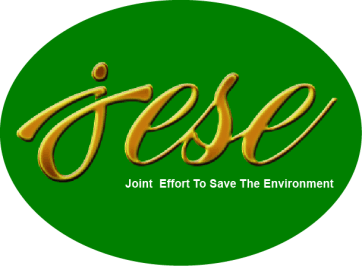Talks on water as a human right and the government’s responsibility to provide it took centre-stage at a High Level Event consisting of the Uganda’s Ministry of Water and Environment, local organizations, international NGOs and donors. “Water is life, as it is commonly said, and the provision of safe and adequate drinking water is a fundamental human right”, stated Dr. Callist, Commissioner for Water Resources Planning and Regulation, Ministry of Water and Environment. In Uganda access to safe drinking water is lower compared to developed countries. Just 64% of rural inhabitants and 72% of urban inhabitants have safe and adequate access.
The catchment-based approach to water resources management (CB WRM) is a relatively new concept in Uganda. The approach, although challenging to implement due to its geographical nature and complex web of stakeholders, has become a priority in Uganda’s Ministry of Water and Environment and has been tested through several pilots across the country. CB WRM takes a landscape approach to water management, identifying the links between upstream use and downstream impact. In Uganda’s Rwambu Catchment, extreme wetland degradation is yesterday’s story. The loss of fertile soil, water runoff, water pollution and waterborne diseases was commonplace before the application of working with nature solutions advocated by the Joint Effort to Save the Environment (JESE), RAIN Foundation and Wetlands International. The Rwambu Catchment project will serve as a successful case study for the Ministry of Water and Environment to scale-up this approach in the country.
With the introduction of low-cost technologies, such as stone bunds and check dams placed uphill, the speed of surface water has been halted, giving water the time it needs to infiltrate the soil and recharge the groundwater. As a result, moisture has been returned to the soil and crop yields have grown. The uphill interventions have also borne fruit downhill, recharging shallow wells with clean drinking water for downstream communities. The organizations implementing the Rwambu Catchment Project were brought together under the umbrella of the Dutch WASH Alliance programme, with funding from them
By Micheal Agaba Source:The Daily Monitor, Tuesday, January 13,2015
